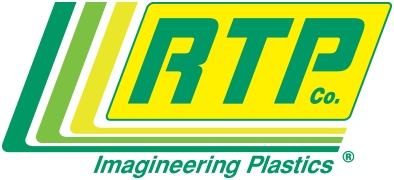Overview
Polytrimethylene Terephthalate (PTT) is a semicrystalline polymer that has many of the same advantages as its polyester cousins, PBT and PET.
Compared to PBT, compounds composed of PTT exhibit better tensile strengths, flexural strengths, and stiffness. They also have excellent flow and surface finish. PTT can also be more cost effective than PBT.
Due to its chemical structure, PTT may have more uniform shrinkage and better dimensional stability in some applications than competing semicrystalline materials (especially PBT).
PTT, like PBT, has excellent resistance to a broad range of chemicals at room temperature, including aliphatic hydrocarbons, gasoline, carbon tetrachloride, perchloroethylene, oils, fats, alcohols, glycols, esters, ethers and dilute acids and bases. Strong bases may attack PTT compounds.
Impact modifiers and reinforcing fibers (long glass, short glass, or carbon) can be used to increase the impact properties, as well as the strength and stiffness of PTT.




